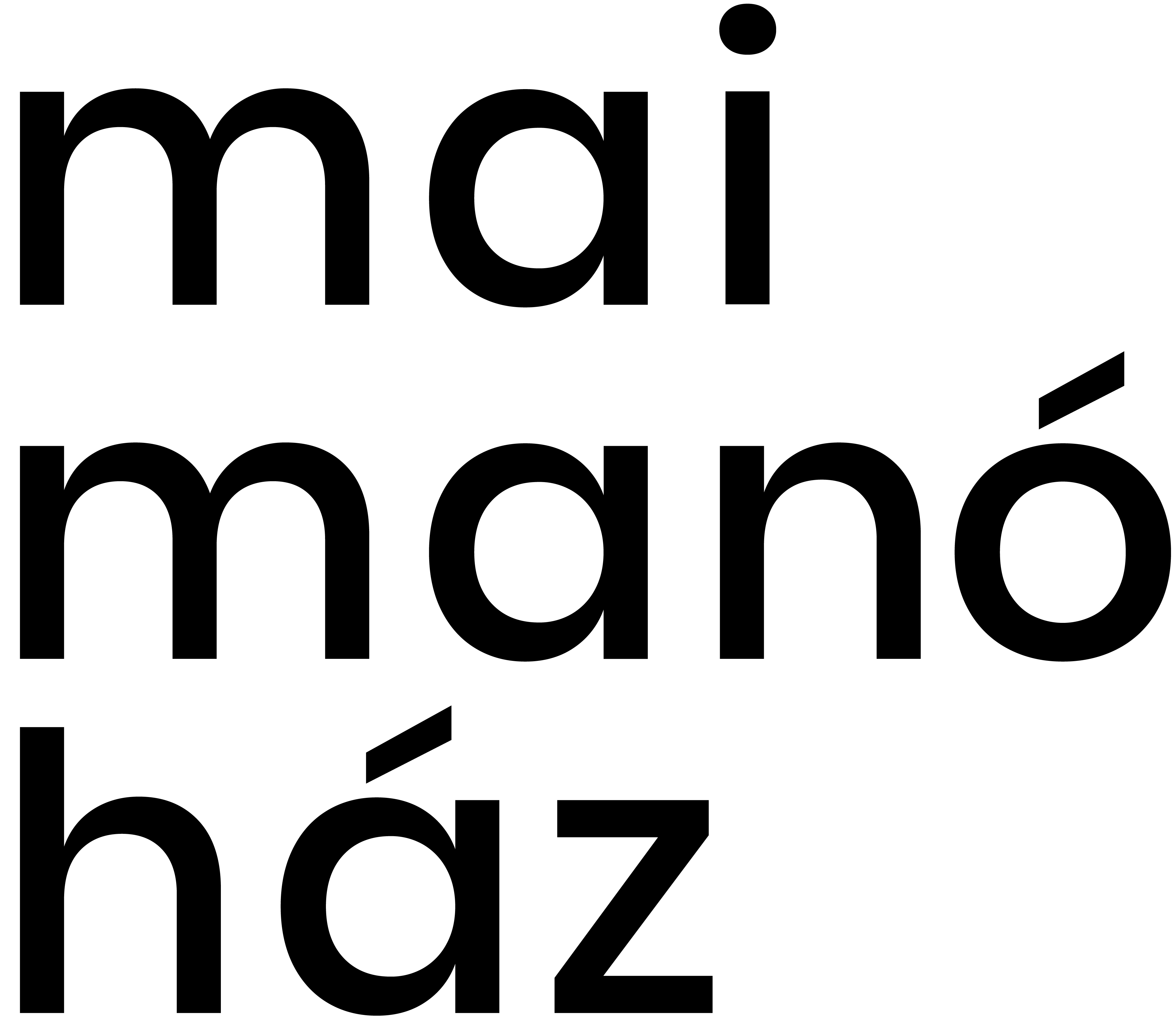Márton Kállai – Urban Nature – Community Gardens in Budapest
Curator: Gabriella Csizek
Open to the public:
September 16 – October 16, 2016
weekdays 2pm – 7pm
weekends 11am – 7pm
No admission fee.
Pécsi József Photography Grant at the Mai Manó House
The Pécsi József Photography Grant is among the most important, challenging, and rewarding opportunities for young artists in contemporary photography. Over the 25 years since it was established in honor of József Pécsi photographer (1889-1956) in 1991, the grant, available for one-year periods for maximum three times, has provided the opportunity and support to a great number of excellent photographers to develop subjects current in form and content alike, and present them in an exhibition accompanied by a catalog, realizing an important stage in their artistic career.
For 16 years, Mai Manó House has been representing the recipients of the Pécsi József Photography Grant with professional responsibility. Since 2000, the Mai Manó House also is the organizer of the grantees’ showcase exhibitions.
Márton Kállai: Urban Nature – Community Gardens in Budapest
Community gardens are peculiar islands of urban life. They are ready-made only in their frames but not their realization. Other green areas of the city – suitable for relaxation, contemplation, or even meditation, – such as the parks and the fountains with their surrounding areas, only allow for experiencing the sense of community or creativity when they are used.
In the case of community gardens, beyond using them in public, the creation of the garden itself becomes a collective creative process within the confines. The common goal and the road leading up to it require coequal communication with people from different social environments; their joint activities create, form and make fertile the previously unused area.
Common interests and joint realization provide both the opportunity and the need for a dialog, while the spectacular result, which comes about in a short period of time, serves as a great example of cooperation in other spheres of life as well. In addition, participants also gain important knowledge as individuals as they experience and engage in the act of caring which immediately brings visible results. There is a way for them to observe as well as to exist as natural beings in relation to the system of man and nature. A human construction, based on the respect of nature, is in direct relation with change, life, growth, decay as well as creation. The division of space into parts within the confines of an area is, in itself, the formation of the structure and the saturation of life, embodied by the garden – a complex unit, a tiny universe.
Márton Kállai shows all this in his pictures; however, instead of documenting the events or the process of cultivation, he examines the phenomenon of how the built environment goes through a transformation and what these green islands mean in these surroundings. He looks at the structures imaged and then realized by the participants as well as the way they convert the recently useless space into gardens. He explores the hidden rhythms and reviving shapes that come to life in vacant lots of Pest and become urban community gardens.
(Gabriella Csizek)
In our urbanized world, we have less and less opportunity to get in touch with nature.
In the built environment of condos and housing estates, private space has significantly been reduced, however, the desire to cultivate land has not disappeared completely.
Community gardeners are trying to take back fallow and underused spaces from the city in order to grow kitchen garden produce. Urban subsistence farming is not just a unit of production but it is also a common space where we can care for our social relationships and our souls as well.
During my work, I have spent a considerable amount of time in different parts of Hungary. I have been attracted to the rural way of life and its closeness to nature; at the same time, it became evident to me that there have been fewer and fewer areas taking advantage of kitchen gardening and many have chosen to look for food on supermarket shelves. As such, it is particularly interesting to witness the expansion of urban horticulture in Budapest.
I’ve begun to meet with more and more people who after work run to the community garden to tend their small parcels. This duality directed my attention to urban gardens. In my series I focus on the spaces conquered by urban gardeners and the transformation of the urban landscape. I am intrigued by the relationship between buildings or dilapidated spaces and the emerging gardens.
It is a relatively young movement in Hungary, but the rapid spread carries the message of people having the desire to cultivate a piece of land, even if their personal living space is limited to an apartment only. I took my series in 2015, visiting community gardens for eight months. This exhibit showcases eight of these urban gardens.”
(Márton Kállai)
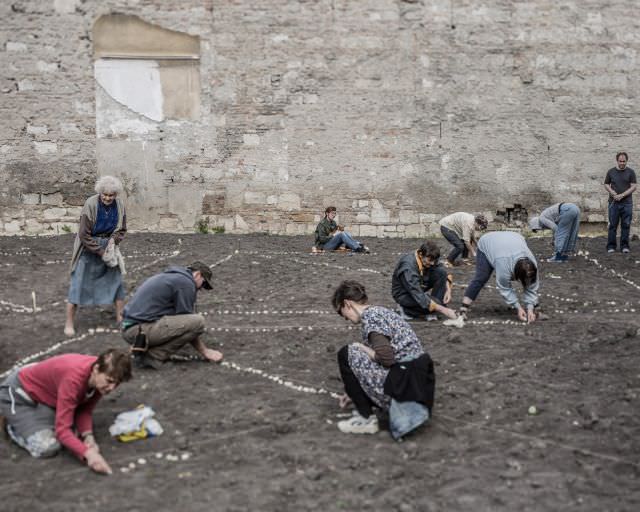
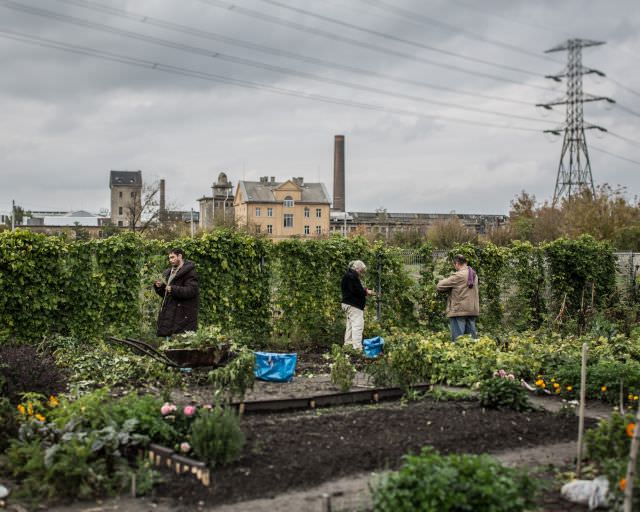
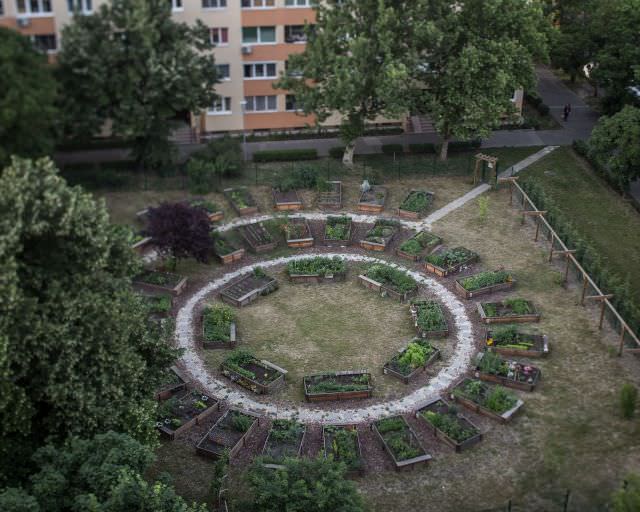
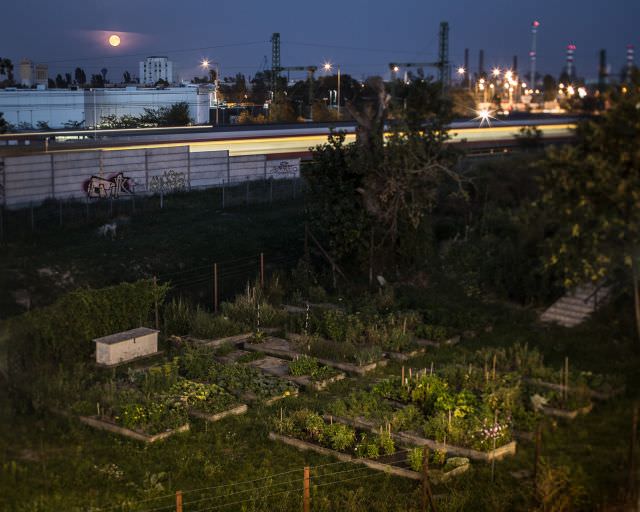
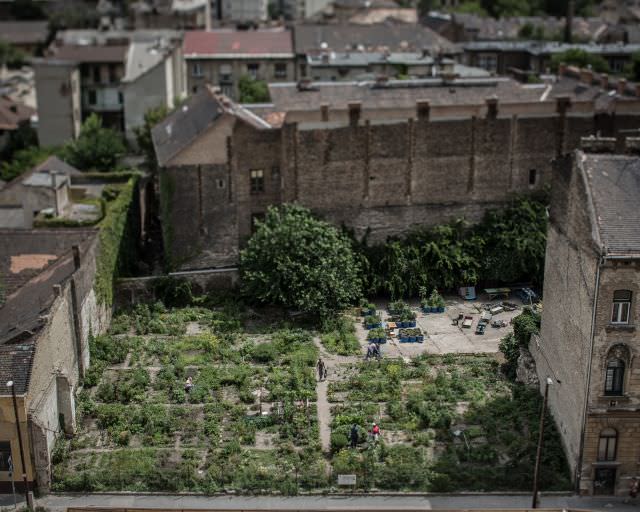
No admission fee.
Márton Kállai (b. Budapest, 1982) studied photography after graduating from high and became a professional in 2006, working as a photojournalist at the weekly Szabad Föld ever since as well as doing applied work. He focuses on documentary photo essays with a special interest in nature and environment. He also has a degree in sociology from Eötvös Loránd University, Budapest.
Awards, grants:
- Four-time prize-winner at the Hungarian Press Photo Contest, including the André Kertész Grand Prize
- 2016: Pictures of the Year – 3rd Prize in Feature Picture Story category with the series Community Gardens
- 2015 and 2016: Pécsi József Photography Grant recipient
- 2014: Attended a Magnum Workshop on a scholarship by the Capa Center, Budapest
